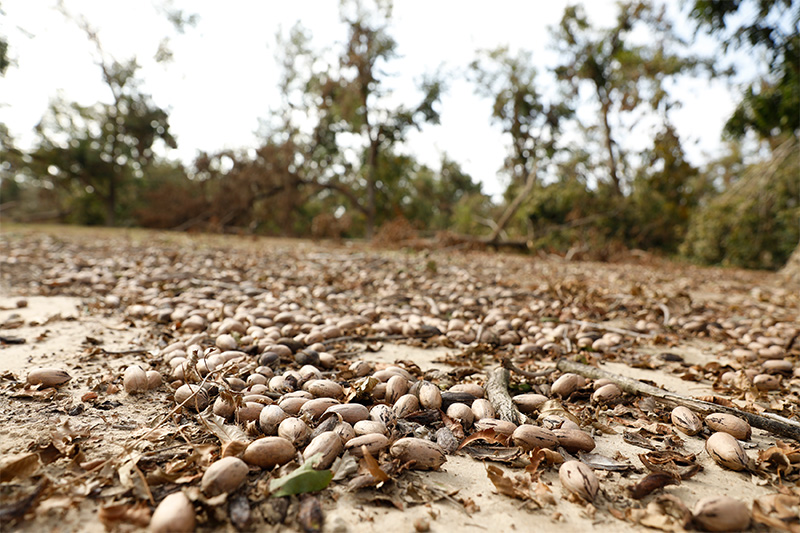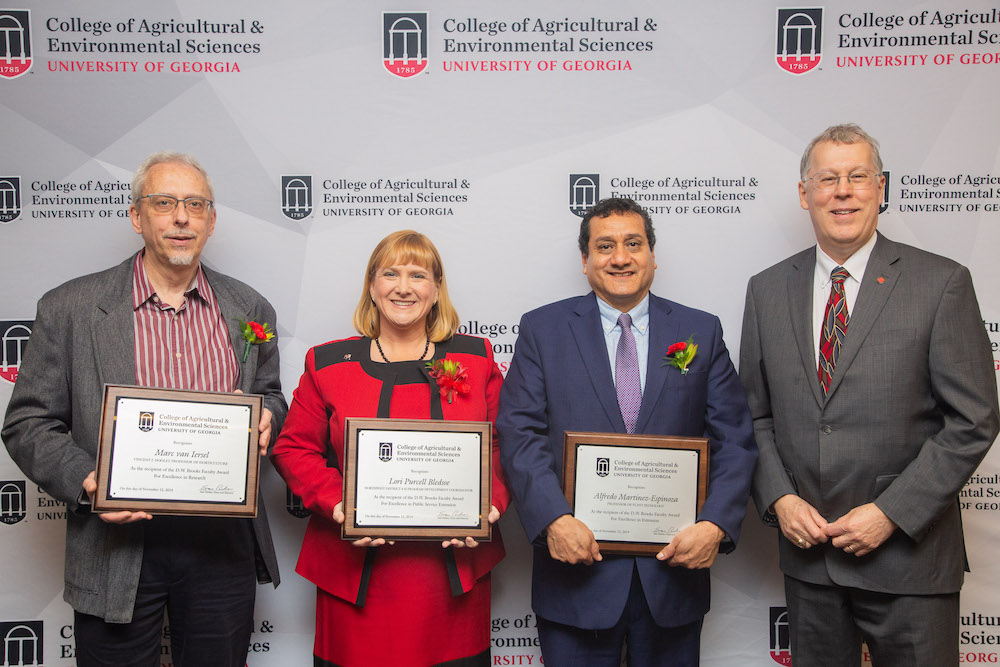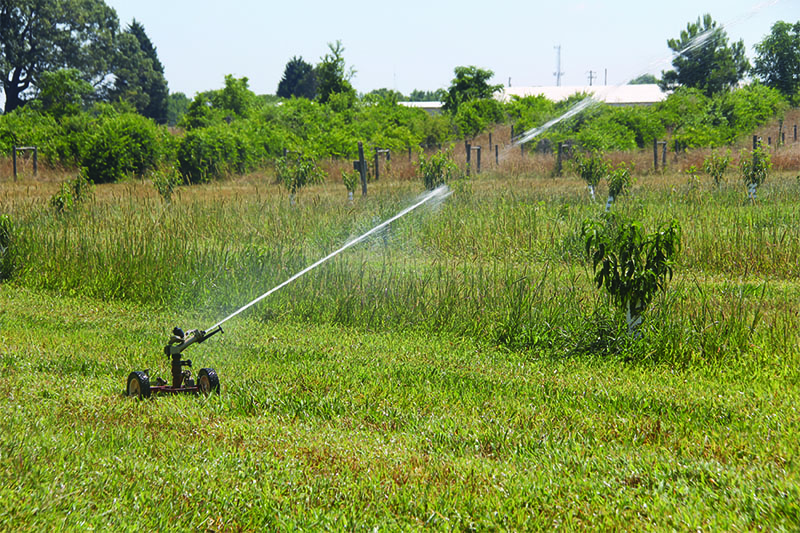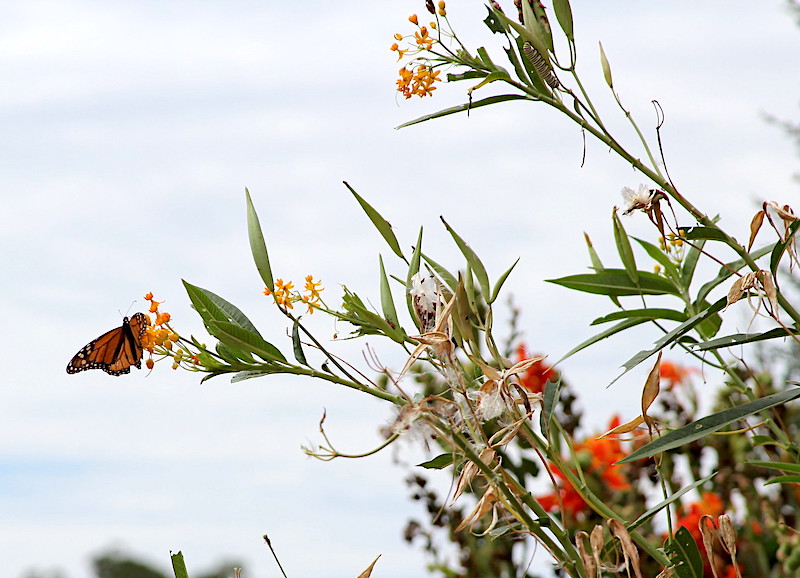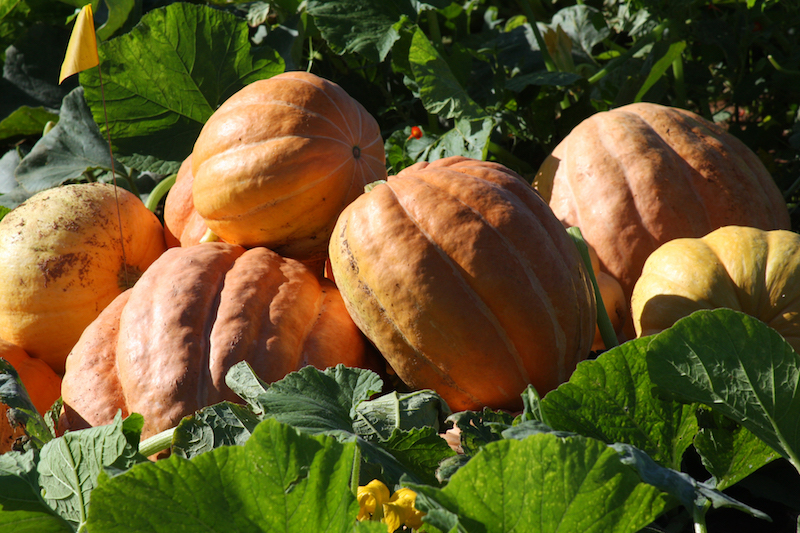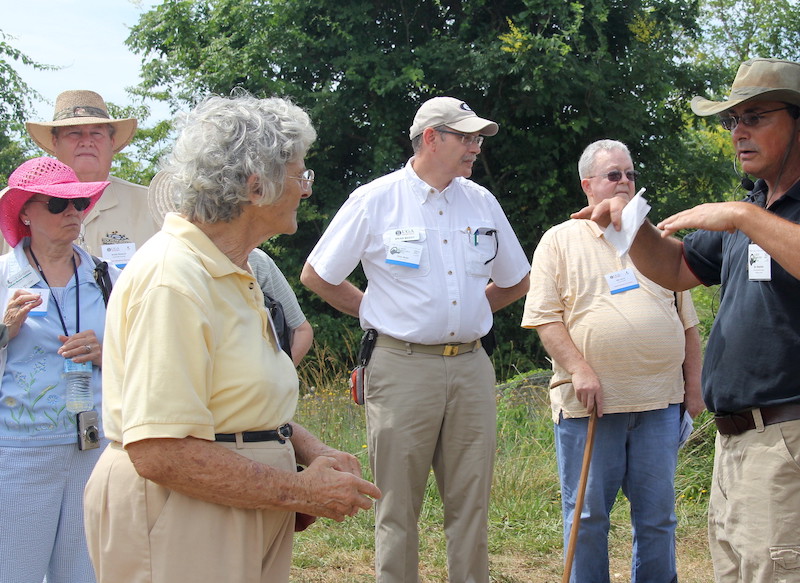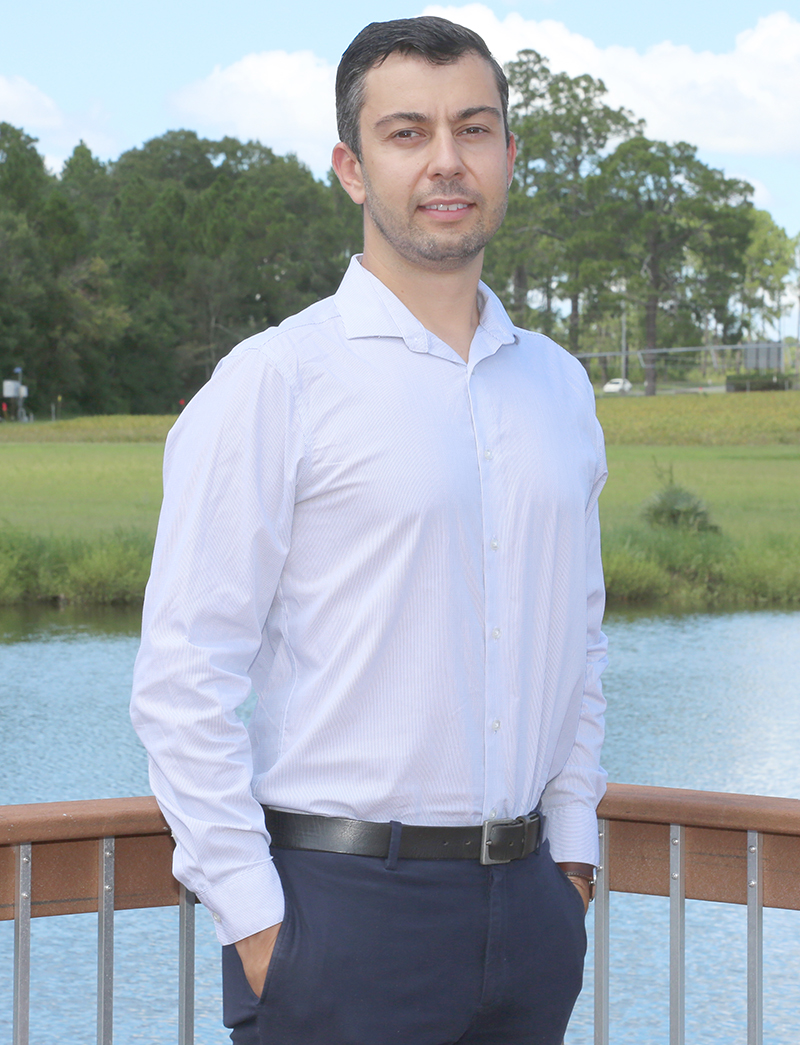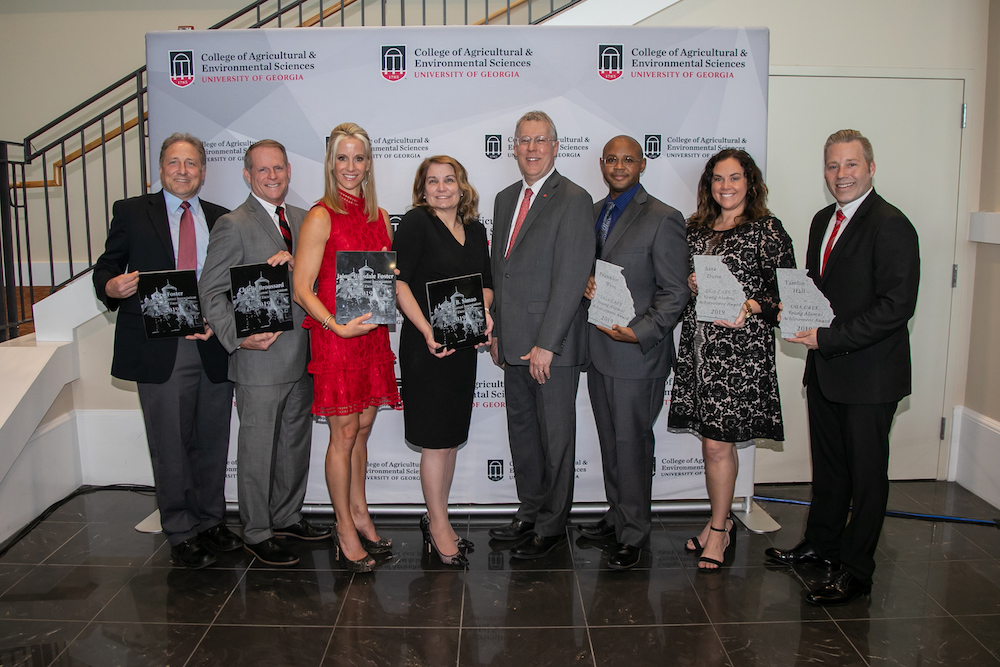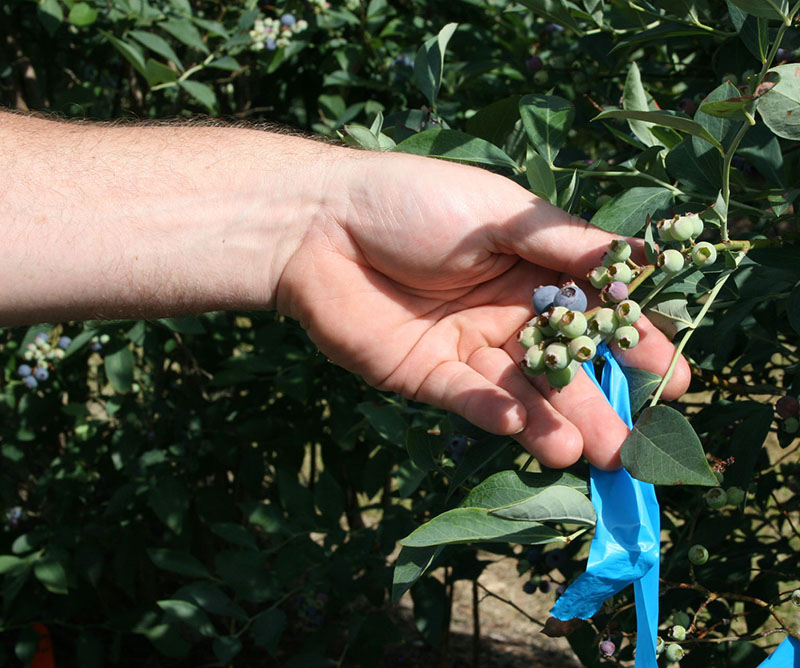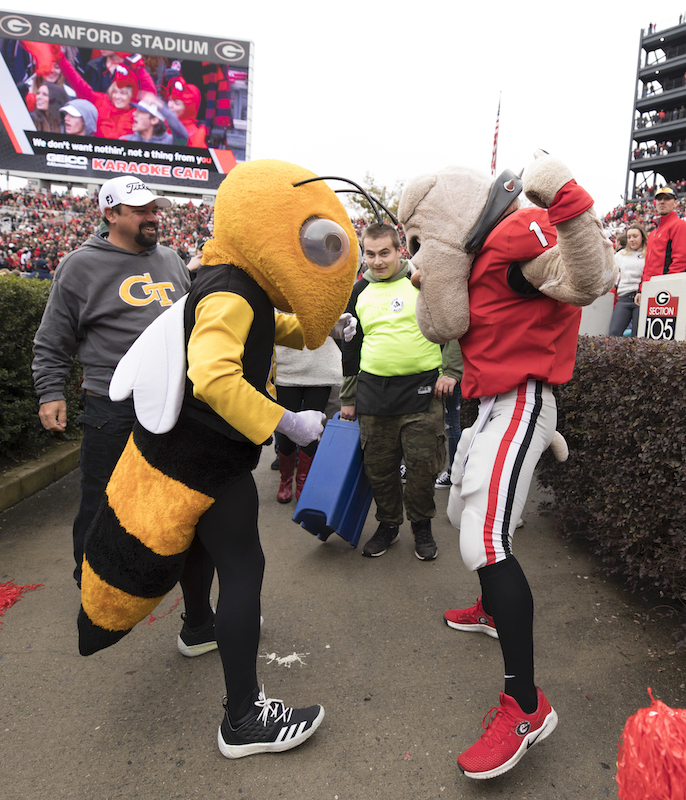 CAES News
CAES News
Rival Partners
When the University of Georgia and the Georgia Institute of Technology interact, especially around Thanksgiving, they’re typically colliding on the football field for another historic round of clean, old-fashioned hate. But what you see on the gridiron is 180 degrees from the relationship the two schools share in Georgia farm fields where they work in harmony — and often full-fledged partnership — to improve the productivity and profitability of various sectors of Georgia agriculture.

